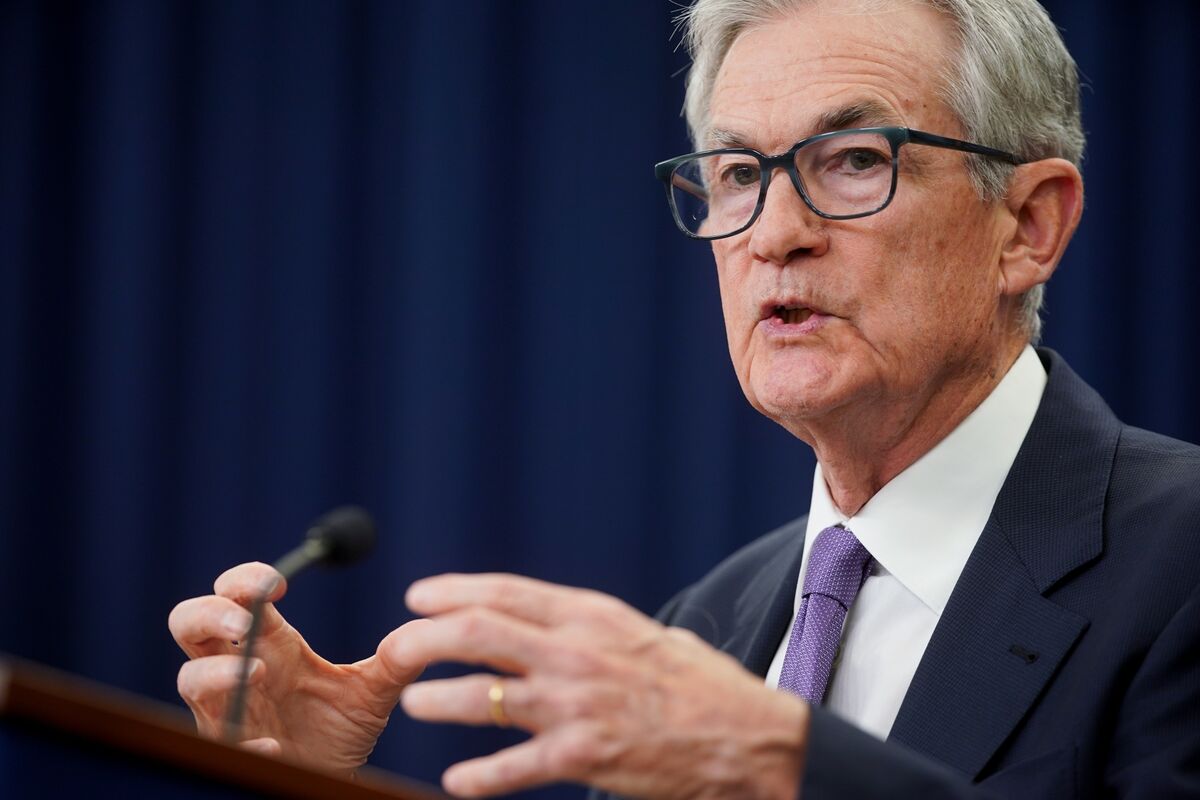Copyright Bloomberg

Imagine you recently set a goal to lose 10 pounds. At the moment, you’ve lost about 9 and you look and feel great, but your doctor warns you about an emerging nutrient deficiency that could lead to serious health complications if you don’t stop dieting. What should you do? This isn’t a trick question: You should take the win and not gamble on unintended negative consequences. This is how the Federal Reserve should feel, too, after announcing Wednesday the imminent end of quantitative tightening, the process of letting maturing securities roll off its formerly bloated — but now relatively right-sized — $6.6 trillion asset portfolio. The development should address a series of yellow flags in money markets in recent weeks that seemed to heighten the risk of a financial accident, and it should stem any lingering concerns about liquidity in Treasury markets. To mitigate any minor inflationary consequences, policymakers should hold off on a further interest rate cut in December.



